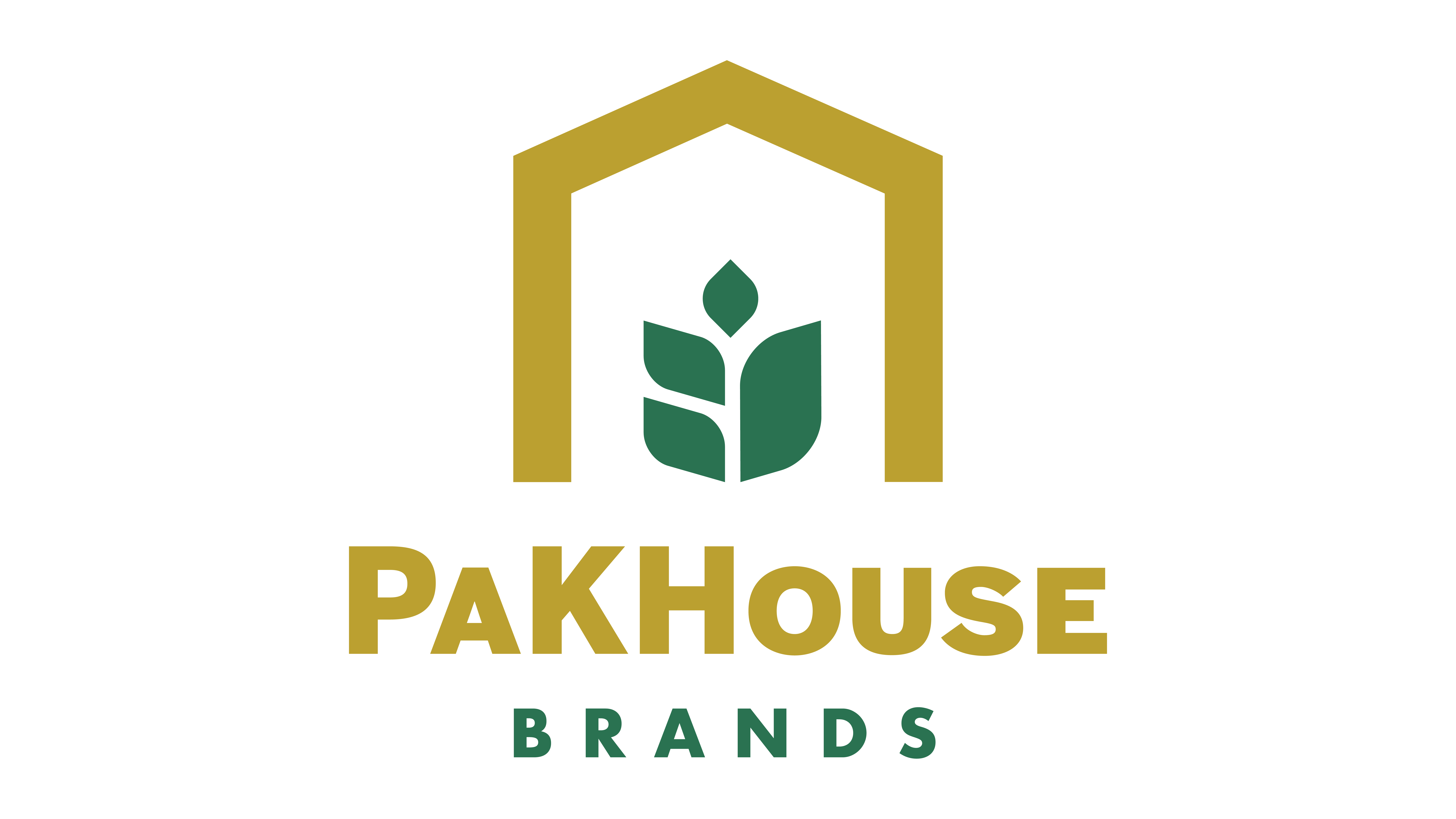GM soya bean granted authorisation for import into Europe
Bread and maize meal market details
July 26, 2016
Duty restructure on the cards for wheat, maize and sugar
July 28, 2016
The European Commission has authorised three GM soya bean cultivars to be sold as food and feed in Europe. Industry will be able to import soya bean MON 87708 x MON 89788, MON 87705 x MON 89788 and FG 72, although the authorisation does not extend to cultivating these crops in Europe. All three varieties received a favourable scientific opinion from the European Food Safety Authority (EFSA) in 2015. The authorisations are valid for ten years. “Any products produced from these GM soya bean cultivars will be subject to the EU’s strict labelling and traceability rules,” the Commission said in a statement.
Beat Späth, director of Agricultural Biotechnology at the European Association for Bioindustries (EuropaBio), said while the association welcomes the approval, it remains concerned. “Unfortunately, the recent actions by the commission, including but not limited to the recent soya bean approval delays, do not reflect a commitment to safeguard scientific principles, despite the clear benefits of GM trade.”
According to Späth, “The EU depends on imports for over 80% of its vegetable proteins, and every year we import 34 million tons of GM soya beans, which equates to the weight of all Europeans put together. These recent product approval delays are already estimated to have cost producers millions of euros in delayed sales at the expense of feed market stability, which is also vital for the EU.
“The EU relies on imports from Third World countries to cover 75% of its use of protein-rich ingredients for animal feeding purposes, of which soya bean meal is the preferred source. In absence of a rapid final decision, EU traders may be forced to restrict vital imports of soya due to the increasing risk of finding traces of GM traits yet to be authorised in the EU, which would negatively affect supplies of both GM and non-GM, which in return will only further exacerbate the long-persisting market crisis in key EU livestock sectors, e.g. the dairy and pig meat sectors.”
Source: AgriOrbit



